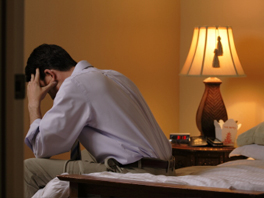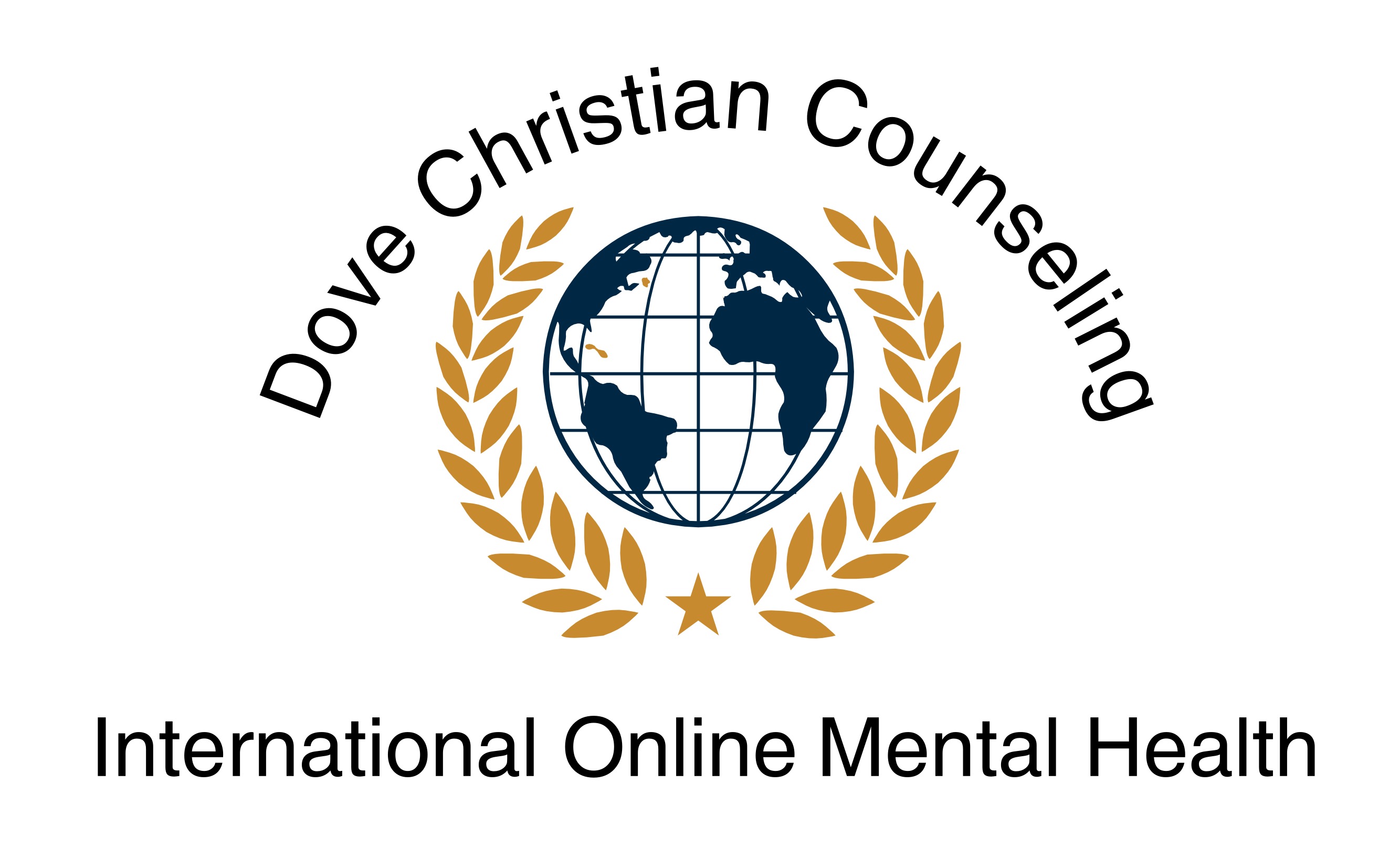
Are You the Family Scapegoat?
Patricia Jones, M.A.
Scapegoating is a cruel method by the family that is directed at one child within the family who is blamed for everything that goes wrong in the family. The targeted individual feels wrongly persecuted and receives misplaced anger and is accused of all the problems that the family faces. They are then judged guilty when they are completely innocent of the many fabricated charges and accusations aimed at them. Slander is an additional tactic that is used to turn the rest of the family members against the scapegoated child or person.
"Throughout history it has been the inaction of those who could have acted; the indifference of those who should have known better; the silence of the voice of justice when it mattered most; that has made it possible for evil to triumph."
Haile Selassie
Scapegoating is a practice of pathological lying. It is an insidious family pattern of putting the blame and shame on one family member which begins in childhood. This child is chosen by one parent or both parents to bear the brunt of the negative things that happen in family interactions. So that if a scene occurs, this child is made to take the blame for whatever happened even when they are completely innocent and it was another family member or members who were the real culprits. The family always makes this one child the "bad guy" and then lies about how things really happened.
Whatever the senario is, the dynamics of it is usually blamed on the scapegoated child regardless of the horrendous actions of the other siblings or members of the family. The scapegoated child actions are either lied about, exaggerated, completely made up, and the mother or father blames this one child for everything that happened.
Browse Counseling Categories
Important Information
Articles by Patricia Jones, M.A.
Are you the scapegoat in your family?
Our modern day definition though of the "Scapegoat" means something a little different. While the biblical scapegoat was used to forgive and forget sins, the current scapegoat in today's dysfunctional families takes on all the negativity and disdain of the entire family, being blamed for everything that happens in that family BY that family.
Anonymous comments from some fellow Scapegoats...
" I have known for some time that I am the family scapegoat. I recently cut off from my family and it has been healing. But, last week I reached out to my sister and it made me feel worse again. She had a different experience in the same family and cannot recognize or validate my point of view. Sadly, the whole system is rigged. And I find no way out except to dissociate from the family. Perhaps that will change one day but until then every attempt at contact only reveals to me how alone I am and that no matter how much I grow in my understanding of our abusive upbringing even my siblings act like my parents and keep assigning the scapegoat role to me. I remain for them the problem. And I cannot be that for anyone anymore."
"I quit seeing my family because I discovered it was a set up for me to try to get their attention and validation. I would come away feeling even more alienated, resentful and hurt, and of course, they would end up with even more evidence that I was, indeed, “the problem.” Also, I see I am the strong one and the truth teller and that is why I became the scapegoat."
Unfortunately, some families are so dysfunctional that the parent or the parents choose one individual to be the family scapegoat. That child is treated differently by the rest of the family, including the other siblings. The Bible teaches us that the "scapegoat" was set apart to atone for the people's sins.
The scapegoat of Leviticus chapter 16 was one of two goats brought before Aaron to make atonement for the sins of Israel. In modern dictionaries the definition of scapegoat is a person who bears the sins of others, and is often viewed in a negative connotation. True, Aaron drew lots and one goat was sacrificed and the other was the scapegoat that went free while made to bear the iniquities of Israel.
However, that word “bear” is easily misunderstood. It does not imply the goat represents a type for someone found guilty, condemned, and sentenced to destruction. What happens to the scapegoat is the lesson that God forgives and forgets sin.
"And Aaron shall lay both his hands upon the head of the live goat, and confess over him all the iniquities of the children of Israel, and all their transgressions in all their sins, putting them upon the head of the goat, and shall send him away by the hand of a fit man into the wilderness:
And the goat shall bear upon him all their iniquities unto a land not inhabited: and he shall let go the goat in the wilderness." Leviticus 16:21 (KJV)
Bearing the guilt means “bear away”, or carry away, so the scapegoat is a type for the forgiveness of sins “never to be remembered”. Atonement was through the goat that was sacrificed while the scapegoat was taken to freedom deep into the wilderness and the iniquities that were carried away are gone forever. The phrase “putting them on the head” in verse 20 does not mean the goat was branded guilty. He was the one chosen to take away and dispose of the sins. When we repent sins are forgiven by God, and they are forgotten.
Sometimes a child is picked to be the scapegoat simply because the parents wanted a boy instead of a girl, or vice versa. Or the child is independent with their own personality which is different from an older siblings personality. This older sibling has been designated as the "golden child" who can do no wrong.
Some parents scapegoat one child because that child has traits that are like their own!
Siblings are encouraged to scapegoat the chosen scapegoat by the parents so the entire family is against the scapegoat. Thus the entire family is affected. the scapegoated child feels like a victim, which they are. They learn that they are at the "bottom of the totem pole" in the family and often automatically gravitate to that role at school or at work. This dynamic of making one child "good" and another child "bad" in the family is a vicious generational theme learned and passed down from parents to children.
It may take years for this child to realize what is happening and has been happening to them for their entire lives. They can begin to put the pieces of the puzzle together in their 30's, 40,'s, 50's, and even as late as their 60's before they begin to understand why their interactions with their families have been so horrendous.
But once they figure it out, all of the blame, all of the lies, all of the slander that they have endured at the hands of the very people who are supposed to love them the most on this earth goes away, and they realize that they are great people, usually gifted and highly accomplished, and who are DONE with interacting with a family that has used them as an atonement for their own issues. Scapegoating one's own child is now considered ABUSE.
The family scapegoat is the individual who the family generally identifies and blames as being responsible for the family's problems. Other family members minimize or deny their own responsibility and/or participation in family problems. This is how the scapegoat becomes labeled as the "problem maker" and gets a reputation of "causing scenes", "getting angry, and ruining everyones, day."
These abusive families have been shocked and even disappointed when the scapegoat removes themselves and they find they still have the same problems. After a scapegoat removes themselves as the target of the abusive family, they either fight with each other, or make one of the other family members the "new scapegoat.
Although Patricia Jones, M.A. schedule fills quickly, she is creative in working with you for an appointment. She will return your phone call within a few hours of receiving it. Or respond to your e-mail question usually the same day that you send it.
Copyright © 2006 - 2024 Dove Christian Counseling Center. All Rights Reserved
We accept PayPal and all other major credit or debit cards. Once you hit the PayPal button it will allow you to pay with PayPal or another major credit or debit card. No PayPal account is required.













